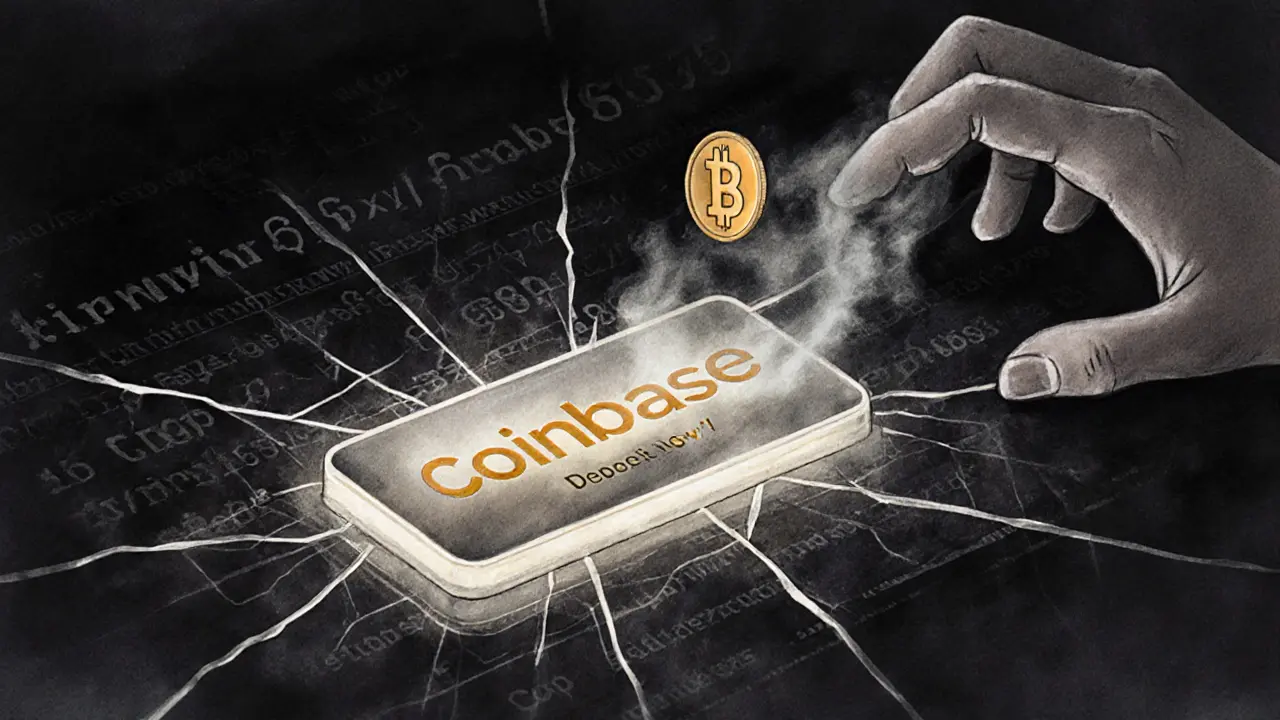Crypto Exchange Scam: How to Spot and Avoid Fake Trading Platforms
When you hear crypto exchange scam, a fraudulent platform designed to steal your cryptocurrency by pretending to be a legitimate trading site. Also known as fake crypto exchange, it often looks just like Binance or Coinbase—but it’s a trap. These aren’t just bad websites. They’re carefully built illusions. They copy logos, use fake testimonials, and even show fake trading volumes to trick you into depositing your coins. Once you send your crypto, it’s gone—no refunds, no support, no trace.
Many of these scams target people new to crypto. They promise high returns, zero fees, or exclusive access to airdrops. But real exchanges don’t beg you to sign up. They don’t push you with pop-ups or Telegram bots. If a platform claims to be "the fastest" or "guaranteed to double your money," walk away. Look at crypto fraud, the broader category of deceptive practices in digital asset trading. It includes rug pulls, fake customer service, and manipulated order books. These aren’t bugs—they’re features of the scam. Some even create fake audits or hire actors to pretend to be developers. You’ll see videos of "team members" talking about their roadmap—except they’re stock footage or AI-generated faces.
Check if the exchange is registered anywhere. Real platforms like Binance, Kraken, or Coinbase are regulated in at least one country. They publish legal info, physical addresses, and licensing details. Scams? They hide behind offshore domains and use privacy-protected WHOIS records. Look at user reviews on independent sites—not the ones on the exchange itself. If everyone’s complaining about withdrawals being blocked, that’s not a glitch. That’s the plan.
Don’t rely on social media influencers. Many are paid to promote these scams. The same person who praised "HyperBlast" last month might be pushing "XBTS" this week—both were fake. Real crypto education doesn’t come from TikTok ads. It comes from understanding how order books work, how wallets function, and why you should never share your seed phrase.
There’s no magic tool to catch every scam, but you can build habits that protect you. Always double-check URLs. Bookmark your trusted exchanges. Use hardware wallets. And if something feels too good to be true? It is. The scam exchange, a platform designed to steal funds under the guise of offering trading services. Also known as phishing exchange, thrives on urgency and confusion. The best defense? Slow down. Ask questions. Research before you deposit.
Below, you’ll find real reviews of platforms that turned out to be dangerous, stories of people who lost everything, and clear guides on how to verify an exchange before you trade. No fluff. No hype. Just what you need to stay safe.
Btcwinex Crypto Exchange Review: A Defunct and Likely Scam Platform
Btcwinex is a defunct crypto exchange that operated briefly in 2021 before vanishing. It had no trading volume, no user support, and no withdrawal system. All evidence points to it being a scam designed to steal funds.
VIEW MORECryptobuyer Pro Crypto Exchange Review: Avoid This Scam
Cryptobuyer Pro is not a legitimate crypto exchange-it's a known scam. Learn how it works, what red flags to watch for, and which real exchanges you can trust instead in 2025.
VIEW MORE

